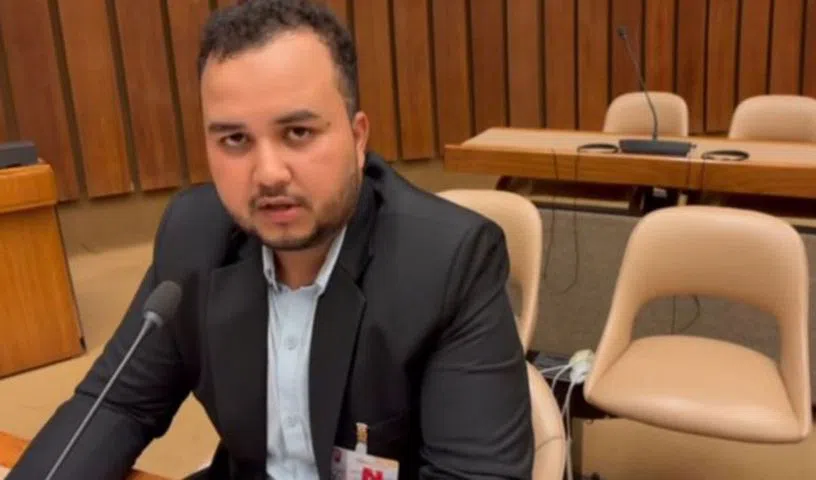A human rights activist from Gilgit Baltistan has highlighted coercive measures employed by Pakistan to commit human rights violations in the occupied region.
Danish Ali, who belongs to the Balti community had an interactive dialogue with the Special Rapporteur on Unilateral Coercive measures on Friday during the 54th session of the UN Human Rights Council in Geneva.
He highlighted how coercive measures were adopted in Gilgit Baltistan by the state-owned telecom company Special Communications Organisation and has curtailed and curbed rights to freedom of expression in urban and rural areas of Gilgit Baltistan, which has affected the locals.
Ali said, “People of Gilgit Baltistan are deprived of basic human rights and amenities under Pakistan’s occupation and we want the honourable Council’s attention towards it”.
“People of Gilgit Baltistan are being deprived of basic amenities including medical and educational facilities which are essentially connected to the internet. Internet service restrictions and denial of basic facilities and human rights violations on a daily basis are now an everyday phenomenon in Gilgit Baltistan,” he said.
The activist from Gilgit Baltistan also narrated the sufferings of locals who are forced to pay huge electricity bills.
“The administration has hiked electricity charges and laid excessive taxes in Gilgit Baltistan. These anti-people measures have accelerated the suffering of people into the civil disobedience movement in Gilgit Baltistan,” he said.
He also showed his concern over the deteriorating situation of minorities in Pakistan and how they are being targeted by misusing the draconian blasphemy law.
“Minorities in Pakistan especially Shias, Ahmadiyas, Christians and Hindus are living under constant threat which is cleansing of minorities coercively. A report by Amnesty International exposed Pakistan for not protecting minority people. They are prone to threats based on blasphemy charges in Pakistan”, said Ali.

